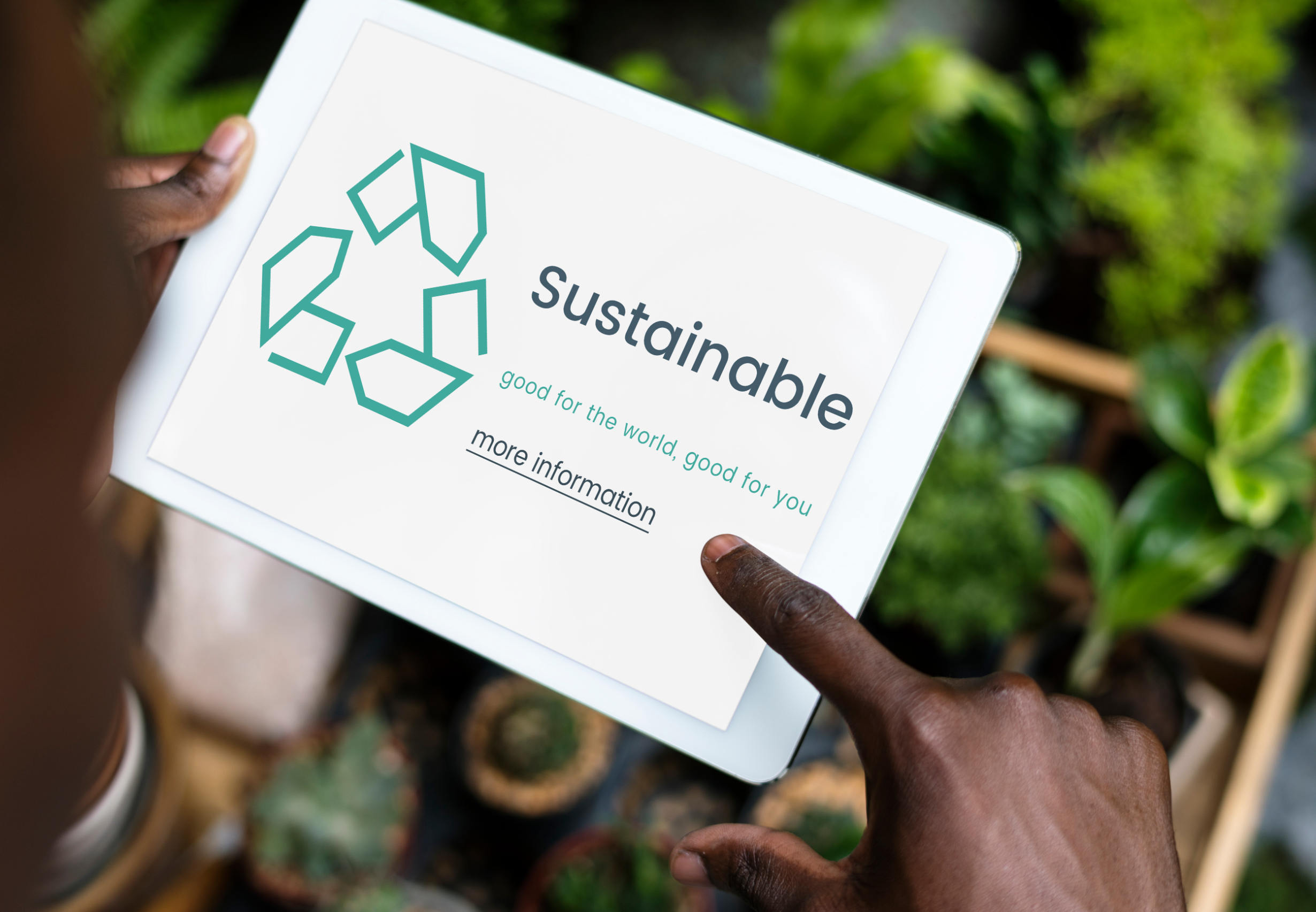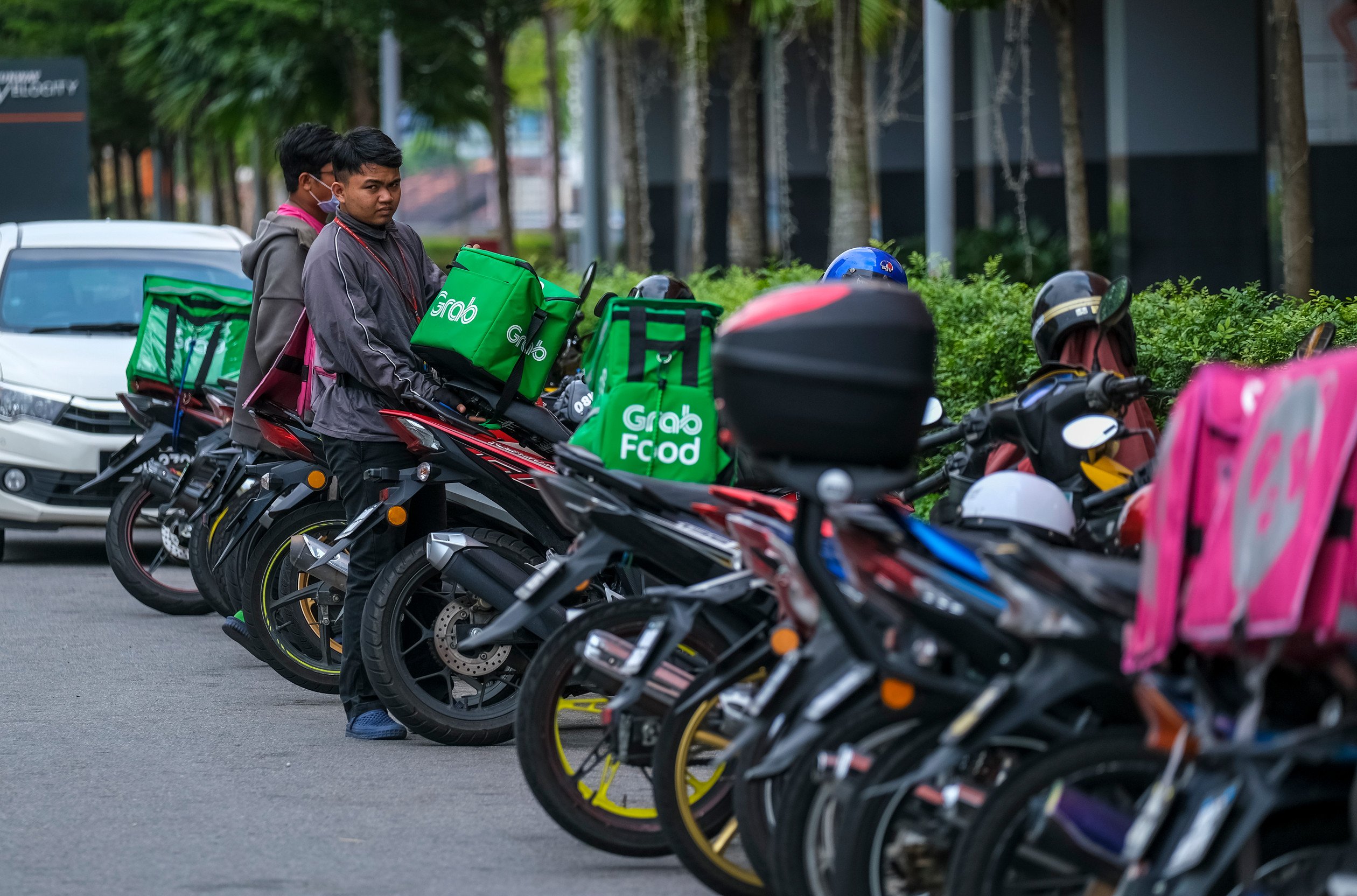How income disparities impact sustainable behaviour
- Josephine Tan
- Topics: Employee Experience, ESG, Home Page - News, News

Income disparities significantly influence sustainable behaviour and job preferences.
In a study titled Economic uncertainty puts pressure on sustainable behaviour change by Deloitte, nearly half of self-identified higher-income respondents were inclined to switch jobs for a more sustainable organisation, while only 13% of lower-income counterparts shared the sentiment.
Despite similar attitudes towards climate change, the study highlighted disparities in sustainable consumption and political action based on income classification. While over two-thirds of respondents agreed that climate change is an emergency, reported changes in personal behaviour to address it declined from 65% in September 2021 to 54% in March 2023, with economic shocks like the energy crisis and job losses playing a significant role.
In the workplace, 46% of higher-income respondents expressed interest in working for sustainable organisations, compared to 20% of middle-income and 13% of lower-income respondents. Even though the higher-income group showed greater interest, only 63% believed their employers were doing enough to address climate change, while only 23% of lower-income respondents shared this sentiment.
The study also highlighted the differences in willingness and ability to act on sustainability concerns and values across income groups. Higher-income respondents demonstrated higher rates of choosing sustainable products (59%) compared to lower-income (42%) and middle-income (44%) respondents. Cost emerged as the primary barrier to sustainable product purchases, with 53% of lower-income consumers citing it as the main obstacle, compared to 32% of higher-income respondents, reported ESG Today.
READ MORE: Putting sustainability into action: CHROs driving ESG in the workplace
Jennifer Steinmann, Global Sustainability and Climate Practice Leader at Deloitte Global, said, “It’s essential for global leaders to understand how and why people are taking climate action personally, at work, and in their communities, and why some are not able to act to the extent they would like. Ultimately, the aggregated impact of individual decisions to live a more sustainable life does influence the efforts of organisations and governments and can accelerate the broader systemic action required to meet the ambition of the global emissions reduction goals set forth in the Paris Agreement.”






